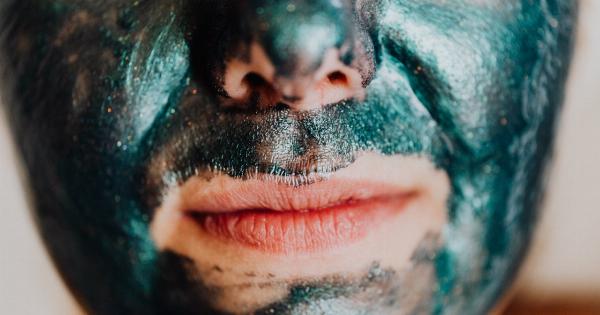Sun exposure is crucial for our well-being. It boosts our vitamin D levels, has a positive impact on our mood and helps us to maintain healthy bones. However, too much sun exposure is harmful to our skin.
Ultraviolet (UV) radiation from sunlight is known to cause skin cancer, which is the most common cancer worldwide. Although skin cancer is preventable, it is still on the rise globally.
The best way to prevent skin cancer is to protect ourselves from UV radiation. One way to do this is by using sunscreen. Sunscreens are products containing agents that absorb or reflect UV radiation.
Nowadays, it is possible to find sunscreens in various forms, including lotions, sprays, and creams, and with different types of sun protection factor (SPF). SPF is a measure of the sunscreen’s ability to protect the skin from UVB radiation. However, not all sunscreens are created equal, and some provide better protection than others.
What Are Nanoparticles and Nanoparticle Sunscreens?
Nanoparticles are tiny particles that are between 1-100 nanometers in size. To put it into perspective, a nanometer is one billionth of a meter. At that scale, nanoparticles are not visible to the naked eye.
Due to their small size, nanoparticles have unique physical and chemical properties that differ from the same material in bulk. For example, gold nanoparticles appear red in color, whereas bulk gold is yellow.
Nanoparticles have many applications in various fields, including electronics, medicine, and agriculture. In recent years, there has been a growing interest in using nanoparticles in sunscreens.
Nanoparticle sunscreens are sunscreens that contain nanoparticles. The most common nanoparticles used in sunscreens are zinc oxide and titanium dioxide.
These nanoparticles are used because they reflect UV radiation, which provides broad-spectrum protection against both UVA and UVB radiation, the two types of radiation that cause skin damage.
The Advantages of Using Nanoparticle Sunscreens
1. Better UV Protection
Nanoparticle sunscreens provide better UV protection than conventional sunscreens. Due to their small size, nanoparticles can form a more even and dense layer on the skin’s surface, which provides better protection against UV radiation.
Moreover, nanoparticles can reflect UV radiation in a broader range of wavelengths, which provides better protection against both UVA and UVB radiation.
2. Better Aesthetics
Nanoparticle sunscreens have better aesthetics than conventional sunscreens. Conventional sunscreens can be thick and greasy, making them unpleasant to apply and wear.
Nanoparticle sunscreens have a more lightweight and silky texture, which makes them more comfortable and easy to apply. Moreover, nanoparticle sunscreens do not leave a white cast on the skin, which is a common issue with conventional sunscreens that contain zinc oxide or titanium dioxide.
3. Safe for Sensitive Skin
Nanoparticle sunscreens are safe for sensitive skin. Some people may experience skin irritation or allergic reactions when using conventional sunscreens. This is because conventional sunscreens contain chemicals that can irritate the skin.
Nanoparticle sunscreens, on the other hand, are hypoallergenic and do not contain chemicals that can irritate the skin. They are also non-comedogenic, which means they do not clog pores or cause acne.
4. Environmentally Friendly
Nanoparticle sunscreens are environmentally friendly. Conventional sunscreens can be harmful to the environment, especially to coral reefs. The chemicals in conventional sunscreens can cause coral bleaching, which can damage or kill coral reefs.
Nanoparticle sunscreens, on the other hand, do not contain harmful chemicals. Moreover, zinc oxide and titanium dioxide are not absorbed by marine organisms, which means they do not cause harm to marine life.
The Controversy Surrounding Nanoparticle Sunscreens
Although nanoparticle sunscreens have many advantages, they are not without controversy. Some studies have raised concerns about the safety of nanoparticles.
These studies suggest that nanoparticles can penetrate the skin and enter the bloodstream, which can cause harm to the body. However, the evidence to support these claims is limited and inconclusive. Most studies have found that nanoparticles do not penetrate the skin in significant amounts and are safe for use in sunscreens.
Conclusion
Overall, nanoparticle sunscreens are a safe and effective way to protect the skin from UV radiation and prevent skin cancer. They provide better UV protection, have better aesthetics, are safe for sensitive skin, and are environmentally friendly.
While there is some controversy surrounding the safety of nanoparticles, most studies suggest that nanoparticles are safe for use in sunscreens.




























